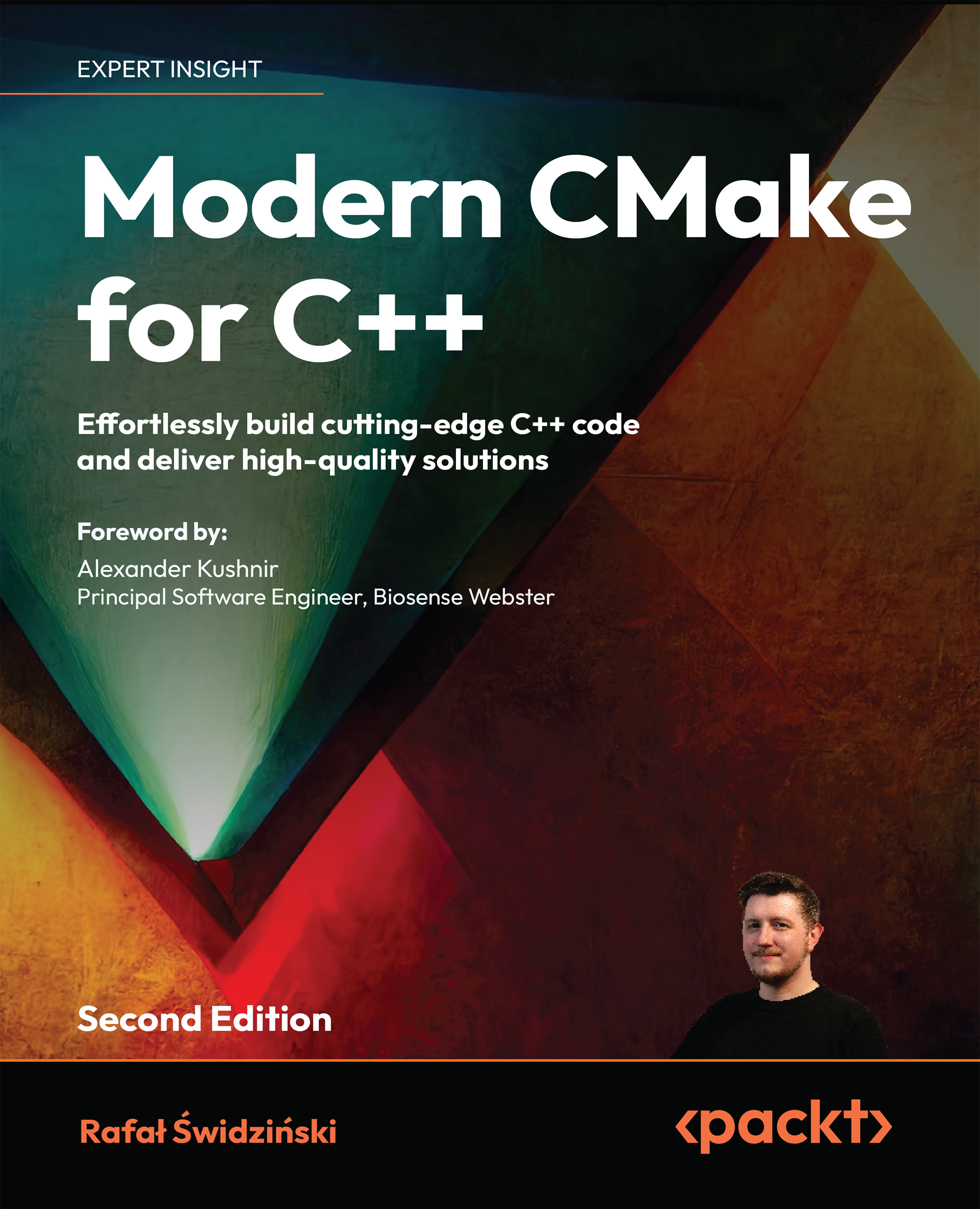Configuring the optimizer
The optimizer will analyze the output of previous stages and use a multitude of tactics, which programmers wouldn’t use directly, as they don't adhere to clean-code principles. But that's fine – the optimizer's essential role is to enhance code performance, striving for low CPU usage, minimal register usage, and reduced memory footprint. As the optimizer traverses the source code, it heavily morphs it into an almost unrecognizable form, tailored specifically for the target CPU.
The optimizer will not only decide which functions could be removed or compacted; it will also move code around or even significantly duplicate it! If it can definitively ascertain that certain lines of code are redundant, it will wipe them out from the middle of an important function (and you won't even notice). It recycles memory so that numerous variables can inhabit the same slot at different times. It can even remodel your control structures into...
































































